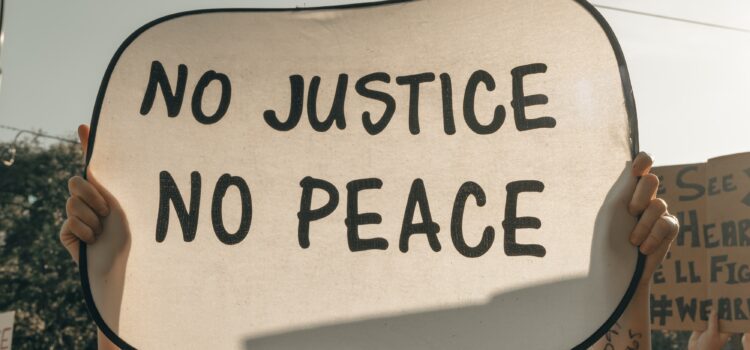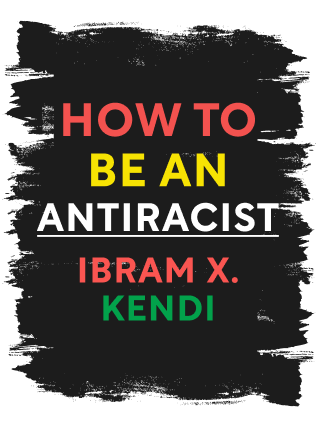

This article is an excerpt from the Shortform book guide to "How to Be an Antiracist" by tIbram X. Kendi. Shortform has the world's best summaries and analyses of books you should be reading.
Like this article? Sign up for a free trial here .
What is moral suasion and how it related to educational suasion? Can either of these ideas help deal with racism or are they ineffective?
Moral suasion is the idea that if you appeal to the consciences and intellect of White people, they won’t be racist. Unfortunately, this doesn’t work because of the nature of racist ideas and because it doesn’t tackle the predominant problem of racist policies.
Keep reading to better understand moral suasion and why it doesn’t work.
Moral Suasion
Moral suasion is the idea that White people are only racist because they don’t know any better. Like uplift suasion, the responsibility falls on Black people to change White people’s ideas. Moral suasion is supposed to appeal to White people’s consciences and educational suasion is supposed to appeal to their intellect.
In addition to being an ineffective method for fighting racism, it comes with some problems:
- Racist policymakers, not the average White person, are the problem. There’s a good chance they’re already aware of the racism their policies cause—the policies might even be designed to create racism, if that racism furthers self-interest.
- Not everyone has a conscience or morals.
- Racist ideas are illogical, so appealing to conscience or intellect is ineffective.
Historical Examples
There are instances in history in which suasion appeared to be effective. However, in most cases, changes in policy weren’t created by suasion—they were a result of self-interest.
For example, some people consider that educational suasion was effective because it resulted in the Civil Rights Act, Voting Rights Act, and desegregation rulings. However, these changes weren’t caused by educational suasion. They were created by self-interest—US foreign relations were suffering because visiting African diplomats experienced racist abuse. The civil rights legislation mentioned above was created to soothe foreign relations, and once enough nations were soothed, progress stopped.

———End of Preview———
Like what you just read? Read the rest of the world's best book summary and analysis of Ibram X. Kendi's "How to Be an Antiracist" at Shortform .
Here's what you'll find in our full How to Be an Antiracist summary :
- What racism is and how it evolved
- How you might have subtle racist thoughts and not even be aware of them
- Why being "not racist" isn't good enough






